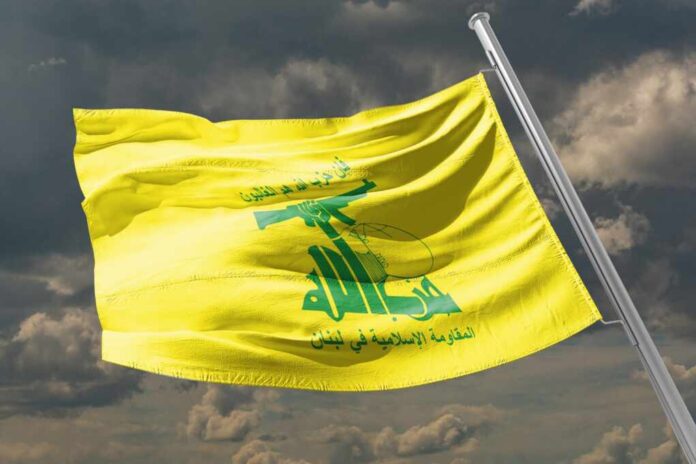
The Israeli Defense Forces (IDF) are reportedly conducting operations inside southern Lebanon targeting Hezbollah in response to escalating attacks by the terror group. Since early October Hezbollah has intensified its assaults on northern Israeli communities and military posts using a mix of rockets drones and anti-tank missiles as part of its declared support for Gaza amid ongoing conflicts in the region.
The skirmishes have claimed the lives of 10 IDF soldiers and reservists while Hezbollah has admitted to losing 274 of its fighters primarily in Lebanon. The unrelenting aggression from Hezbollah has forced approximately 70,000 Israeli civilians to evacuate from areas near the conflict zone disrupting lives and livelihoods.
Israeli Commandos Operating Inside Lebanon to Remove Hezbollah https://t.co/otsKf3F2Lm via @BreitbartNews
— James Keay (@reach147) April 16, 2024
The current IDF operation follows an explosion that wounded four Israeli soldiers during a covert mission several hundred meters inside Lebanese territory an attack for which Hezbollah quickly claimed responsibility. The Israeli military stated that the explosion occurred during an “operational activity” involving elite units from the Golani Brigade’s reconnaissance team and the Yahalom combat engineering squad.
The involvement of the Yahalom unit which specializes in tunnel operations suggests a focused effort by the IDF to locate and neutralize tunnels built by Hezbollah that may extend into Israel. Simultaneously the IDF executed airstrikes targeting Hezbollah infrastructure in southern Lebanon primarily attacking buildings being used by the terror group. Artillery shelling originating from the Israeli side of the border has also been reported.
Iran has reportedly been directing and funding Hezbollah as well as Hamas and the Palestinian Islamic Jihad inside Lebanon. The U.N. has deployed peacekeepers in southern Lebanon under the provisions of Security Council Resolution 1707 which is intended to prevent Hezbollah from maintaining a military presence near the Israeli border but has largely failed to achieve that goal.
The Israeli military is increasingly expressing public frustration over the ineffectiveness of U.N. mandates. As the situation develops the international community’s response will be crucial in shaping the next steps. While the West is urging the continuation of diplomatic efforts if those efforts falter Israel likely will see no alternative but to intensify its military responses.
The ongoing risk of escalation is heightening tensions across the Middle East and globally. The conflict between Israel and Hezbollah backed by Iran has the potential to destabilize the region further and draw in other actors. The international community must work together to find a diplomatic solution and prevent the situation from spiraling out of control.














